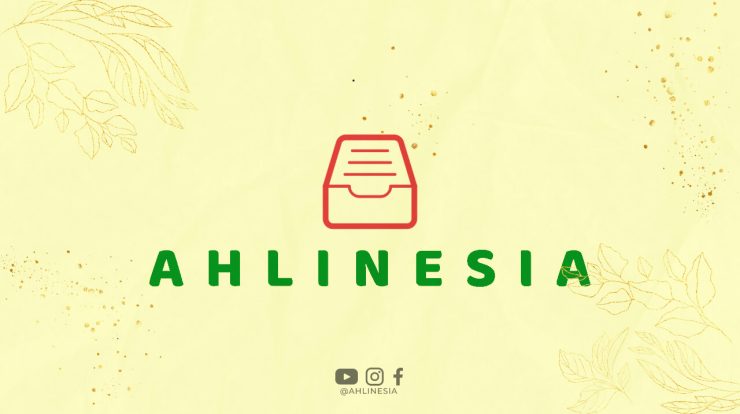
When it comes to personal finance, there are several key foundations that can help you build a solid financial future. While the first two foundations, which are creating a budget and saving for emergencies, are crucial, the third foundation is equally important and often overlooked. In this article, we will explore what the third foundation in personal finance is and why it is essential for your financial well-being.
The Third Foundation: Paying off High-Interest Debt
The third foundation in personal finance is all about tackling your high-interest debt. This includes credit card debt, personal loans, or any other type of debt that carries a high-interest rate. Paying off this debt should be a priority because it can have a significant impact on your financial health.
High-interest debt can quickly accumulate, making it difficult to get out of the debt cycle. The interest charges can eat away at your income, making it challenging to save money or invest for the future. By focusing on paying off this debt, you can free up more money to put towards your financial goals.
Why is Paying off High-Interest Debt Important?
There are several reasons why paying off high-interest debt is crucial. Firstly, it helps improve your credit score. When you carry a lot of debt, especially high-interest debt, it can negatively impact your creditworthiness. By paying off this debt, you can improve your credit utilization ratio, which is a key factor in determining your credit score.
Secondly, paying off high-interest debt saves you money in the long run. High-interest debt accumulates interest charges over time, and the longer you take to pay it off, the more money you end up paying towards interest. By eliminating this debt, you can redirect the money you would have spent on interest towards other financial goals.
Thirdly, paying off high-interest debt provides you with financial freedom. Without the burden of debt, you have more control over your money and can make choices that align with your financial goals. You can save for retirement, invest in your future, or even splurge on something you’ve always wanted without worrying about the weight of debt hanging over your head.
How to Tackle High-Interest Debt
Now that you understand the importance of paying off high-interest debt let’s discuss some strategies to tackle it effectively:
1. Prioritize Debt:
List all your debts and prioritize them based on their interest rates. Start by paying off the debt with the highest interest rate first, while continuing to make minimum payments on other debts. Once the first debt is paid off, move on to the next highest interest rate debt.
2. Create a Budget:
Creating a budget is crucial when it comes to paying off debt. Allocate a specific amount of your income towards debt repayment each month and stick to it. Cut back on unnecessary expenses and redirect that money towards paying off your debt more quickly.
3. Consider Debt Consolidation:
If you have multiple high-interest debts, you can consider consolidating them into one loan with a lower interest rate. This can make it easier to manage your debt and potentially save money on interest charges.
4. Negotiate Lower Interest Rates:
Reach out to your creditors and try to negotiate lower interest rates. Explain your situation and how a lower interest rate would help you repay the debt more effectively. You’d be surprised at how many creditors are willing to work with you.
5. Seek Professional Help:
If you find yourself overwhelmed by your debt, consider seeking professional help. Credit counseling agencies can provide guidance on managing your debt and creating a plan to pay it off effectively.
Conclusion:
Paying off high-interest debt is the crucial third foundation in personal finance. It not only improves your credit score but also saves you money in the long run and provides you with financial freedom. By prioritizing your debt, creating a budget, and exploring consolidation or negotiation options, you can effectively tackle your high-interest debt and pave the way for a more secure financial future.








